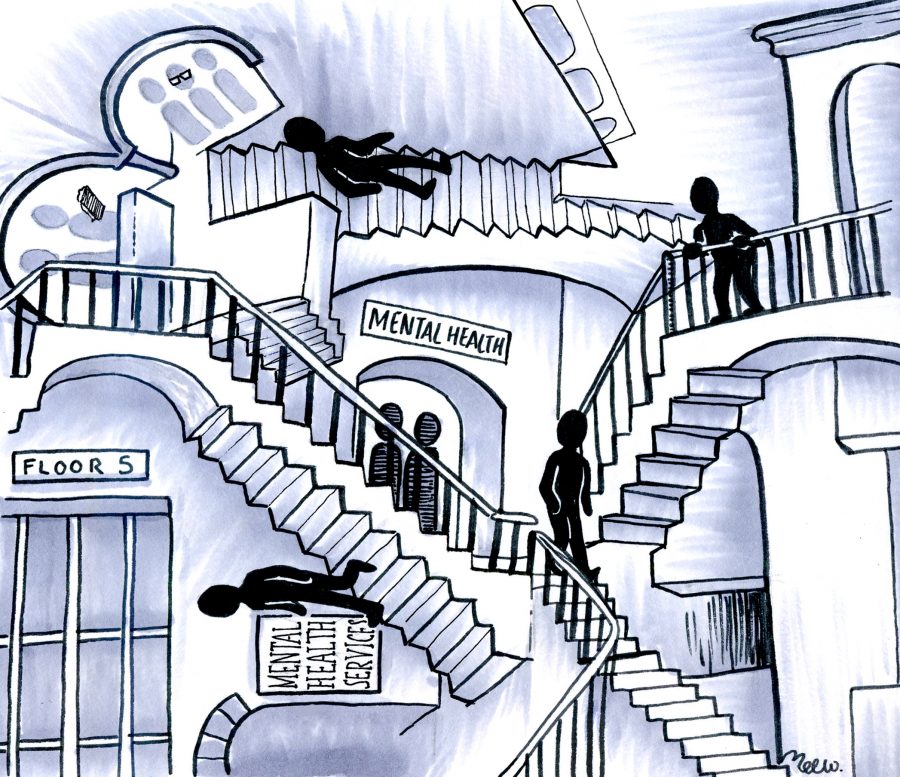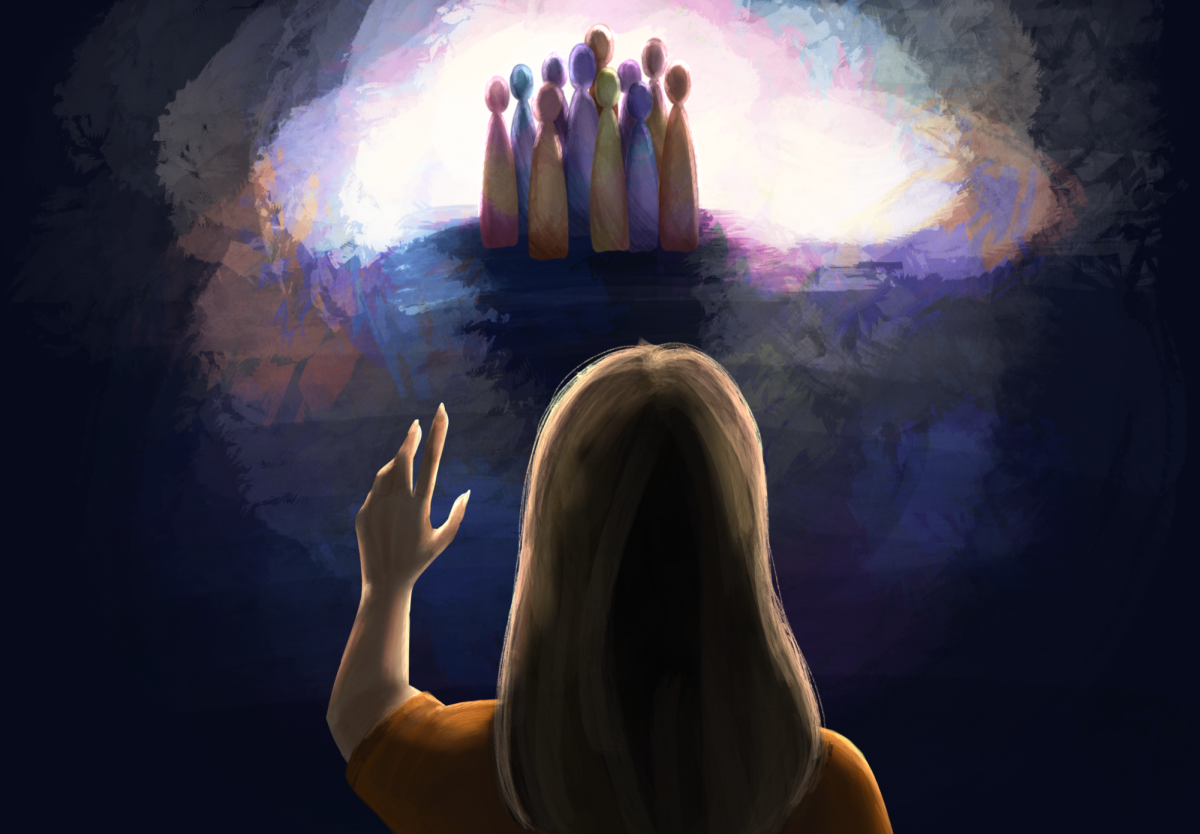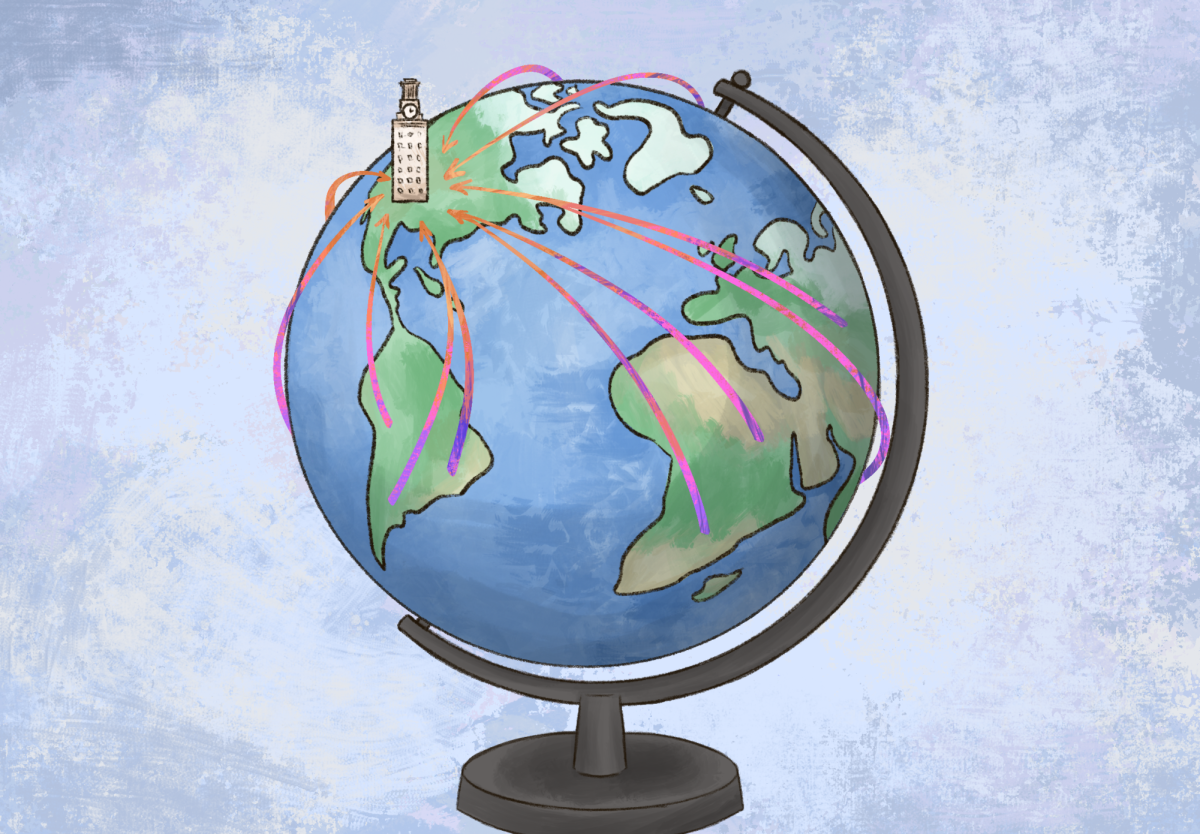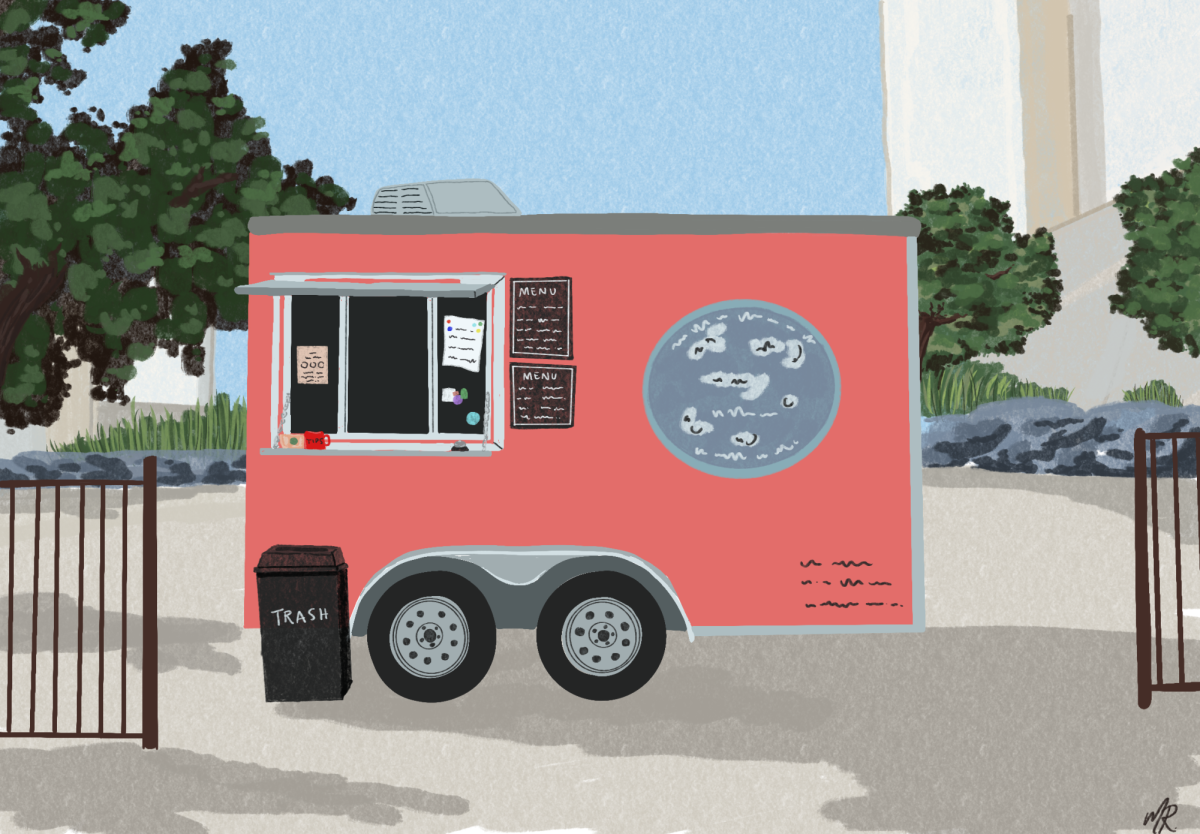The stories are haunting. The dark underbelly of our society has been exposed as women and men have bravely come out of the shadows to express “me too” across our social media platforms. As I read the accusations for the predatory actions of actor Kevin Spacey, I find myself being traumatized all over again. I was young, vulnerable and closeted in East Texas. A man with power over me took advantage of it. The mental scars from that experience plus the prolonged exposure from childhood sexual and physical abuse run deep within me — sometimes feeling like I am unable to escape their firm grasp on my psyche.
Resulting from these adverse experiences, I was diagnosed with Post Traumatic Stress Disorder, PTSD, and Major Depressive Disorder, MDD. Statistics dictate that my life path should be drastically different than being at a top university. Data from the non-profit Darkness to Light, an organization committed to ending child sexual abuse, finds that child sexual abuse survivors have a 3 in 5 chance of descending into delinquency, and a 4 in 5 chance of becoming substance abuse users. Harmful effects of the abuse linger throughout the victim’s life, causing greater chances of being diagnosed with a variety of diseases and disorders and costing our healthcare system an estimated $210,012 per victim according to the Center for Disease Control and Prevention.
Our society perpetuates this cycle of abuse by blocking victim’s access to mental healthcare. Although it has become a more approachable subject to talk about, mental health continues to not be prioritized on our campus and, on a larger scale, our body politic.
Furthermore, victims are unable, not due to unwillingness, to find mental healthcare. Here on campus, our counseling center is overworked and can only provide services to students for six sessions (per semester) with a $10 fee per counseling session. When your time runs out you’re subject to finding something off campus that can cost cash-strapped students $75-$125 per session. This lack of access is not only present on the UT campus, it’s part of an epidemic plaguing our state. There are about eight suicide deaths per day in Texas and 200 out of our 254 counties are designated as mental health professional shortage areas according to the Texas Tribune. That designation entails that there is one mental health professional for more than 30,000 people, constructing a barrier to accessing mental healthcare in our state. In addition, the state’s existing mental healthcare hospitals are hemorrhaging beds and are in severe disrepair.
I could rattle off more statistics, but I am sure that we’re all aware of these issues and how their tentacles reach into all corners of our society. As stewards of the future, it is our responsibility to lower these statistics and eliminate them altogether. We must provide better access to care, and we must work together to lift victims up out of the shadows.
Howell is a government senior.













